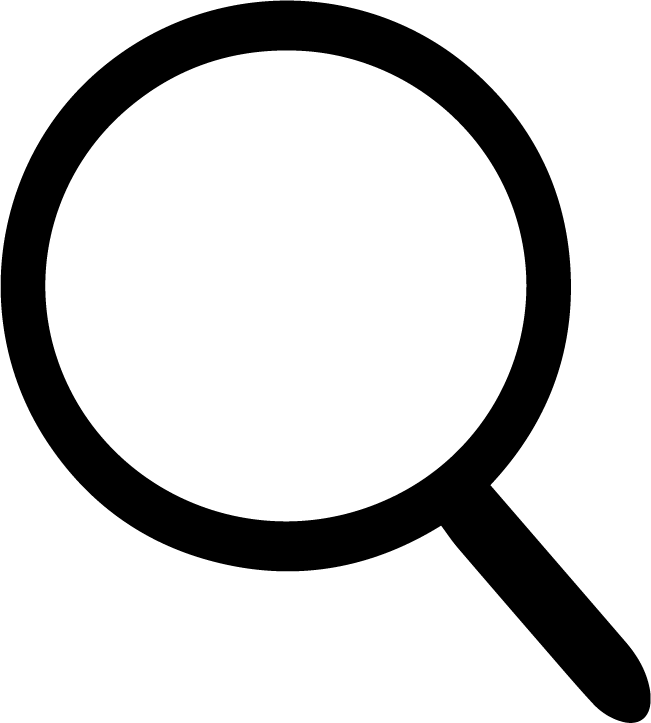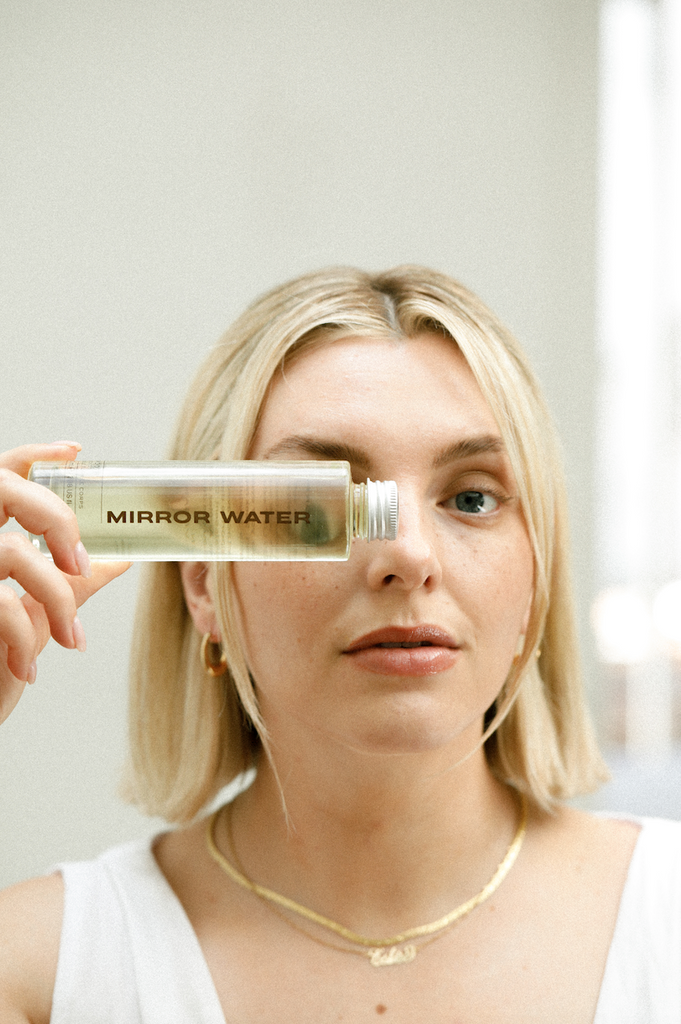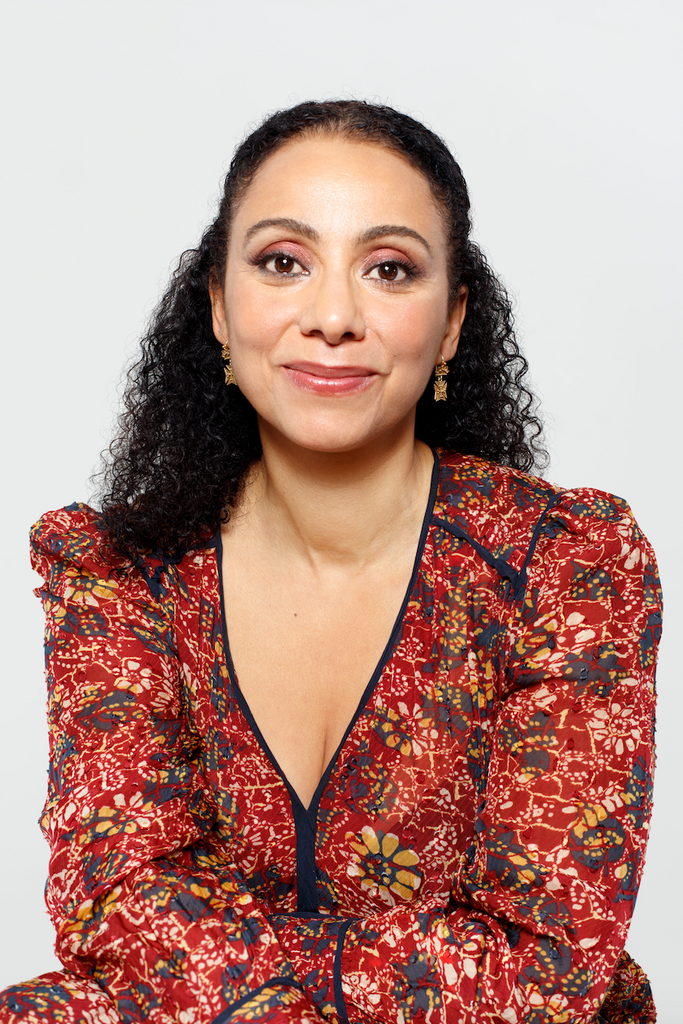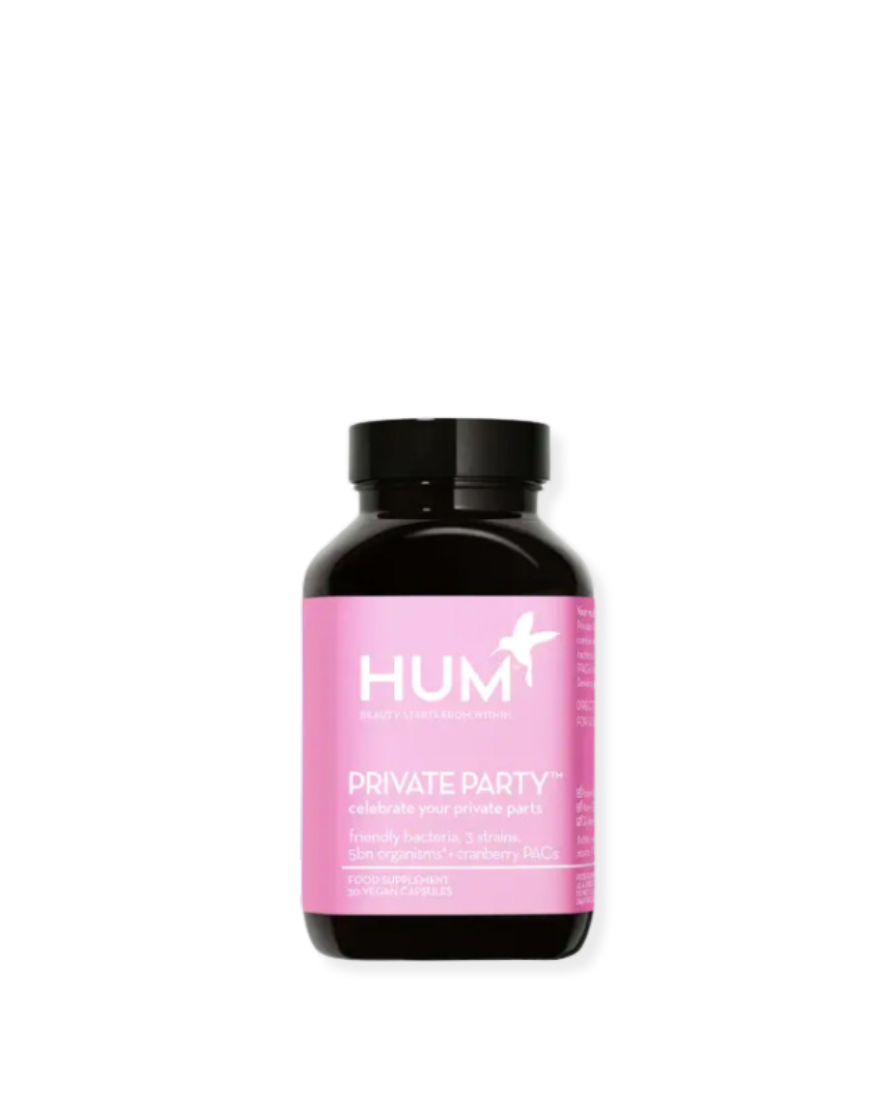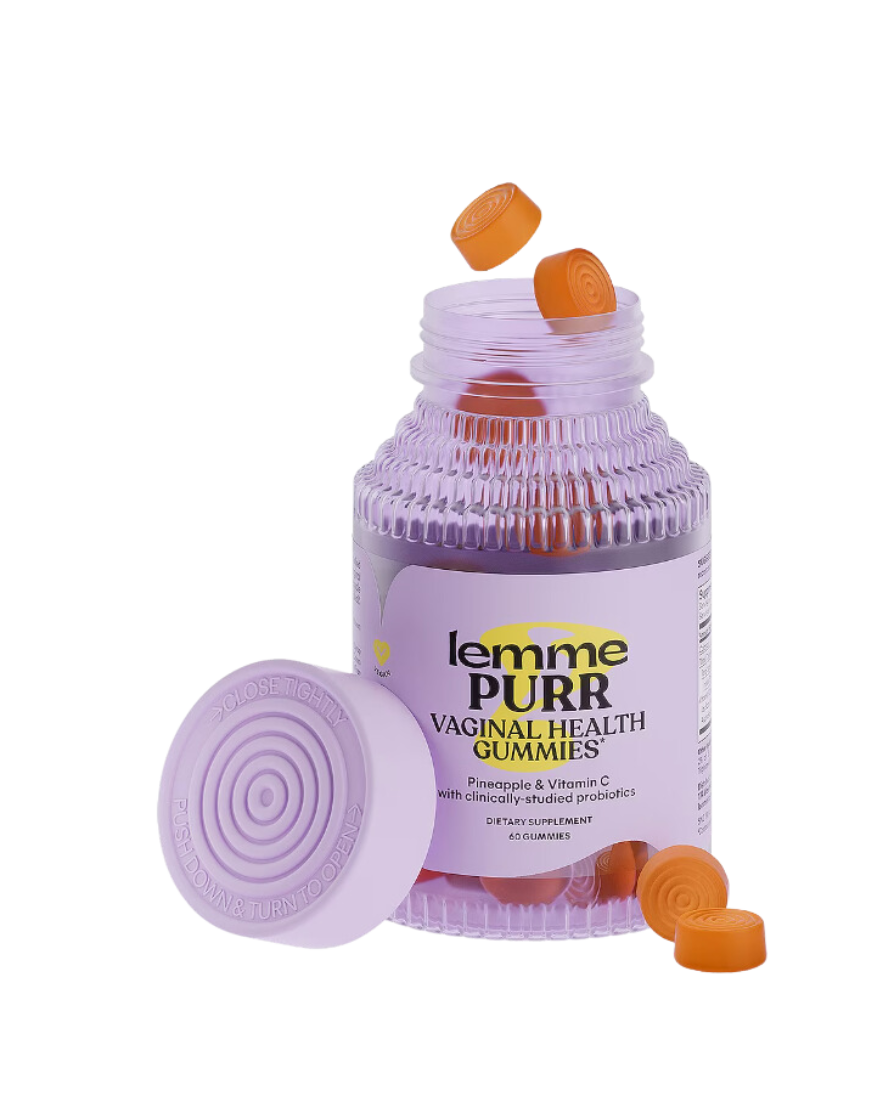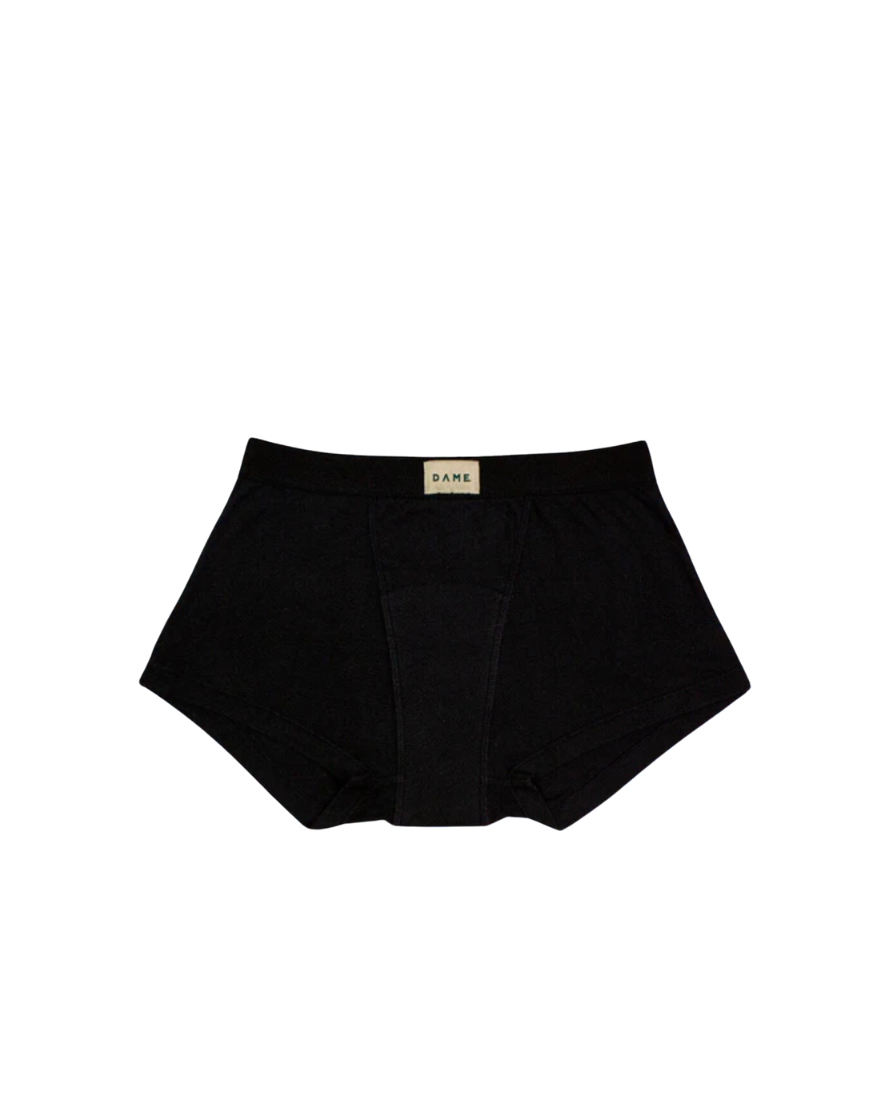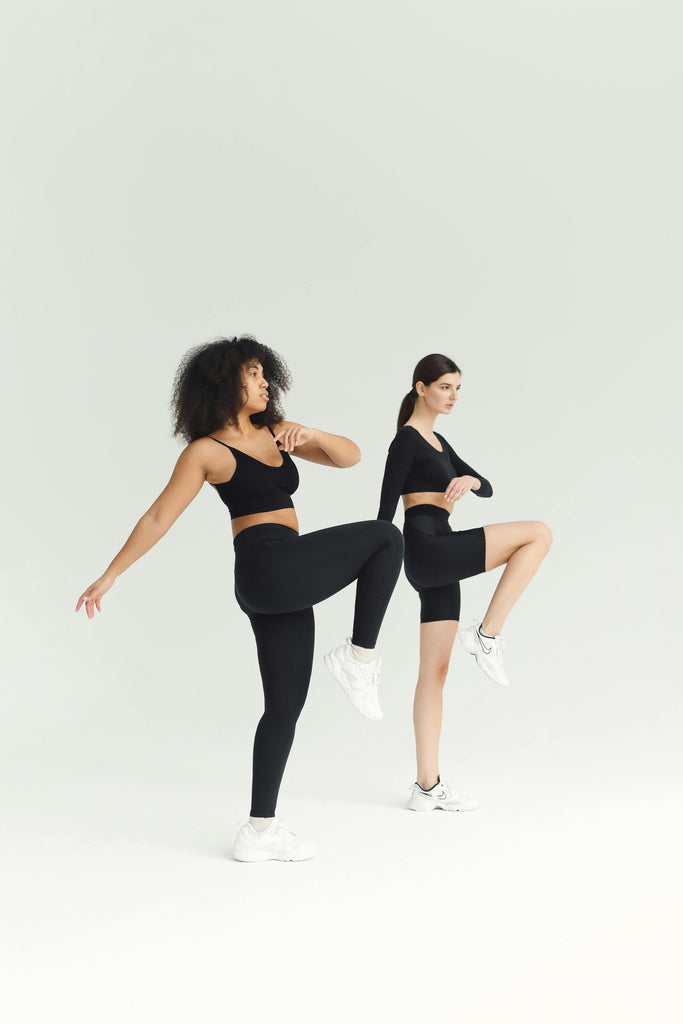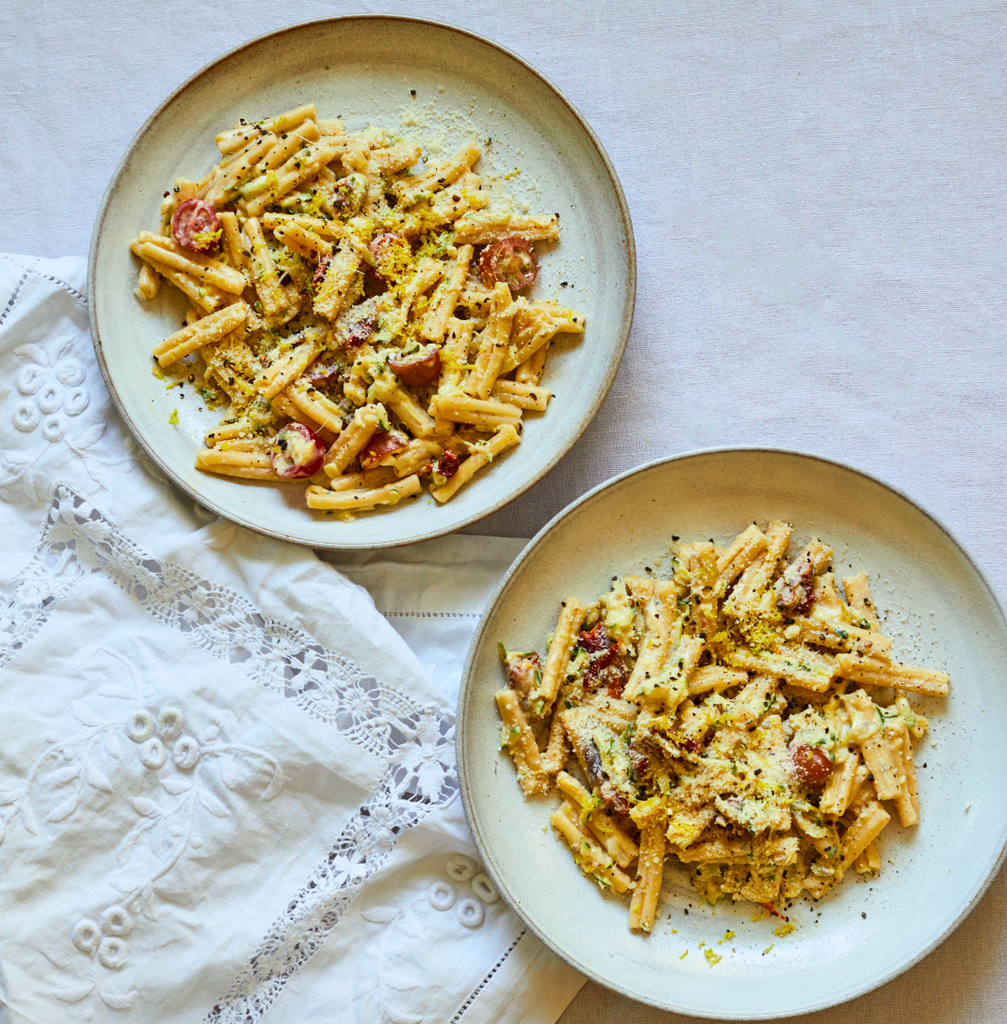Before we take a look at the different types of vitamins that can support you, it’s important to take a moment to say that vitamins and other supplements should not and cannot replace fresh, balanced diets. Fresh foods are not only bursting with essential micronutrients that your body and mind needs to function optimally, but a balanced diet will support your health in so many aspects that supplements alone can’t.
When it comes to taking supplements, you should think of them as exactly what they’re intended to be: a supplement to your diet. However, ensuring you have a balanced diet that explores food freedom (link food freedom article) and provides you with macro and micro nutrients that you need to thrive is the first step in supporting your health!
Additionally, it’s important to note that a large majority of the vitamins and other micronutrients that are mentioned within this article can be found in naturally occurring substances and wholefoods. So, if you’re looking to add more of a certain vitamin or micronutrient into your diet, you may want to look at how you can naturally add this into your diet first before deciding to add it as a supplement into your diet!



